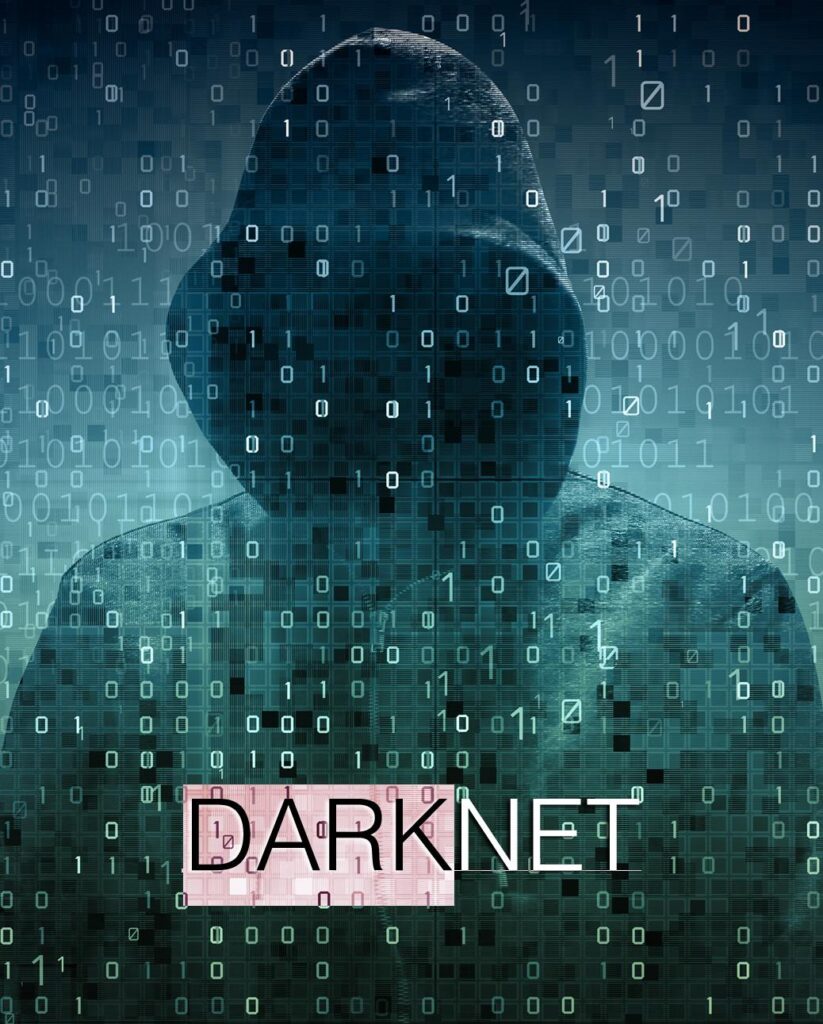The darknet, often associated with illicit activities, also serves as a critical component in the global discourse on digital freedom. In this clandestine realm, anonymity and encryption offer refuge for individuals facing oppression, censorship, or surveillance. While its darker sides are well-documented, the positive role played by certain darknet services in promoting digital freedom is less often discussed but increasingly recognized. One of the key features of the darknet is its ability to provide access to information in regions where the internet is heavily censored or monitored. In authoritarian regimes, where freedom of expression is restricted and access to independent media is often blocked, the darknet offers a vital lifeline. Tools like Tor, a decentralized network that anonymizes users’ internet traffic, enable individuals to access uncensored news, political discussions, and platforms that might otherwise be inaccessible due to state-imposed firewalls.

For activists, journalists, and ordinary citizens in countries with repressive governments, the ability to circumvent surveillance and censorship is not just an advantage it is a necessary tool for maintaining personal freedoms and fostering democratic engagement. Moreover, the darknet fosters a level of privacy that is increasingly difficult to find on the surface web. The ability to communicate securely without fear of surveillance is invaluable, especially in contexts where dissent is criminalized. Encrypted messaging services, like those found on the darknet, ensure that individuals can exchange ideas, organize protests, or report human rights abuses without exposing themselves to potential retribution. In this sense, the darknet becomes more than a hub for illegal transactions; it becomes a platform for resistance and a symbol of personal liberty in a world where privacy is continually under threat.
However, this role in digital freedom is not without controversy. The darknet’s association with illegal markets, including drugs, weapons, and stolen data, complicates its image. Critics argue that the anonymity it provides can be exploited for nefarious purposes, making it difficult to fully endorse its use. Yet, Mega площадка supporters contend that the very features that enable criminal activity anonymity, encryption, and decentralization are the same features that allow for the preservation of digital freedom, particularly in environments where surveillance and censorship are pervasive. The role of featured darknet services in promoting digital freedom highlights the complexity of the internet’s global infrastructure. While the darknet can indeed serve as a sanctuary for illicit activities, it is also a critical tool for protecting personal privacy, fostering free expression, and providing access to uncensored information in an increasingly controlled digital world. As the debate surrounding internet freedom continues, understanding the multifaceted nature of the darknet will be essential in shaping policies that balance security with liberty.
